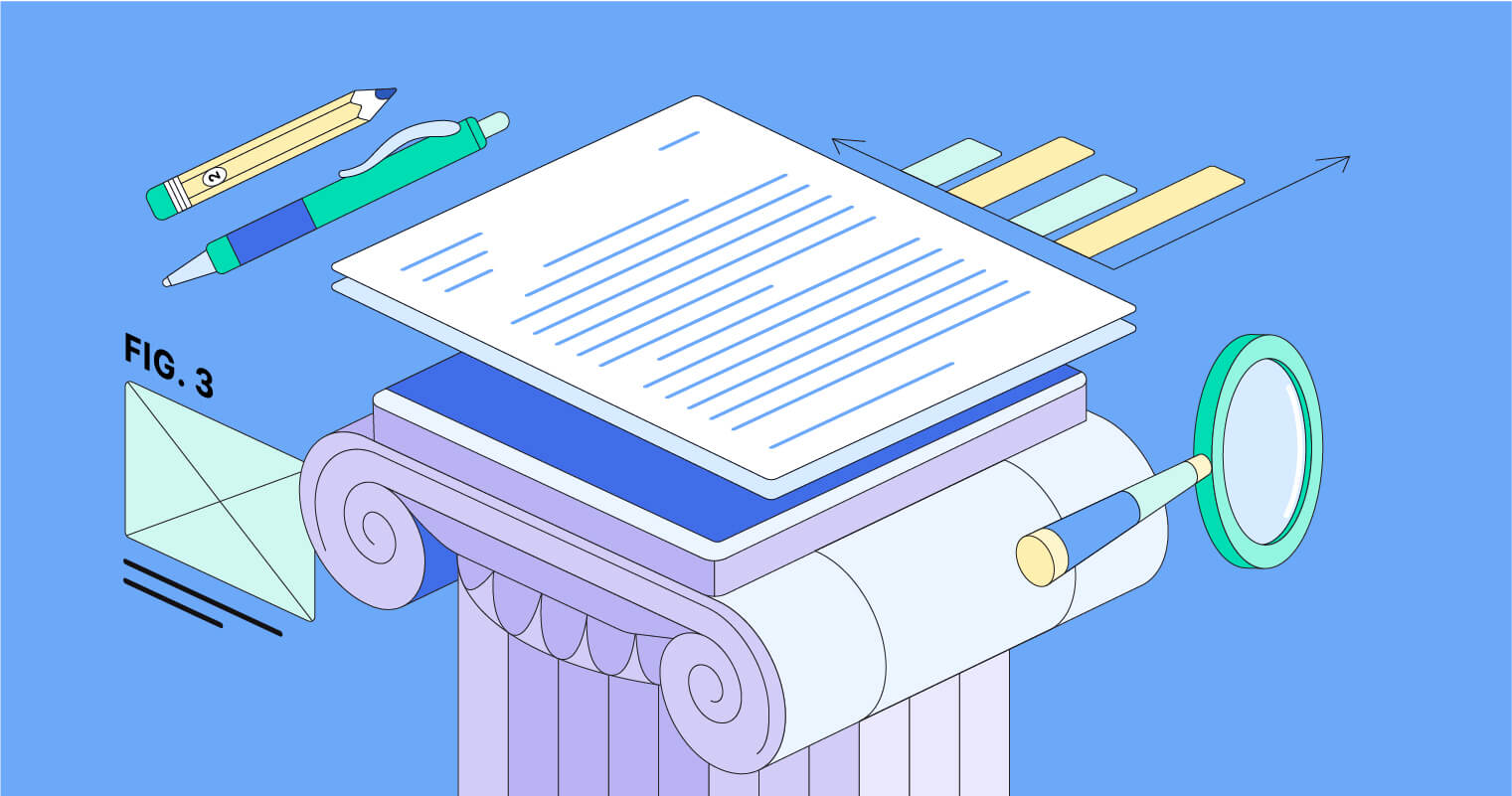Blog
Using Grammar Checker Tools for Academic Writing: Strategies for Success

In the realm of academic writing, precision and clarity are paramount. But let’s face it: crafting error-free prose isn’t always a walk in the park. Fear not, for the digital age brings forth a plethora of grammar checker tools to rescue even the most perplexed writer. Whether you’re a seasoned scholar or a budding student, these tools can be your trusty companions in the journey towards impeccable writing. Join us as we delve into the world of grammar checkers and explore strategies for leveraging their power effectively.
Introduction
Picture this: You’re putting the finishing touches on your research paper or thesis. The content is brilliant, but there’s a lingering doubt about those pesky grammatical errors hiding in plain sight. Enter grammar checker tools, the unsung heroes of the writing world. These digital companions can spot errors, suggest improvements, and elevate your writing to new heights. But how do you make the most of these tools? Let’s uncover the strategies for success.
Understanding Grammar Checker Tools
Before diving headfirst into the world of grammar checkers, let’s unravel what they are and how they function. Essentially, grammar checker tools are software programs designed to analyze text for grammatical errors, punctuation mistakes, spelling errors, and style inconsistencies. Think of them as your personal writing assistant, tirelessly combing through your prose to ensure it shines brightly.
Benefits of Using Grammar Checkers
Embracing grammar checker tools comes with a myriad of benefits. Firstly, they save time by swiftly identifying errors that might otherwise go unnoticed. Additionally, they enhance the clarity and coherence of your writing, making it more compelling and easier to understand. Moreover, grammar checkers provide valuable learning opportunities by offering explanations and suggestions for improvement.
How Grammar Checkers Work
Curious about the wizardry behind grammar checkers? It all boils down to sophisticated algorithms and linguistic databases. These tools analyze your text, comparing it against established grammar rules and linguistic patterns. They flag potential errors and offer suggestions based on contextual clues and language conventions. While they’re not infallible, they’re remarkably adept at catching common mistakes.
Tips for Maximizing the Effectiveness of Grammar Checkers
While grammar checkers are undoubtedly powerful, maximizing their effectiveness requires a strategic approach. Here are some tips to make the most out of these invaluable tools:
1. Proofread your writing manually before running it through a grammar checker.
2. Understand the suggestions provided and learn from them.
3. Customize the settings to align with your writing style and preferences.
4. Don’t rely solely on grammar checkers; cultivate your understanding of grammar.
5. Use multiple grammar checkers for comprehensive error detection.
Common Pitfalls to Avoid
Despite their prowess, grammar checkers aren’t without flaws. Falling into these common pitfalls can undermine their effectiveness:
1. Overlooking contextual nuances and accepting all suggestions blindly.
2. Ignoring the tool’s suggestions altogether without considering their merit.
3. Depending solely on grammar checkers without engaging in manual proofreading.
4. Failing to update the software regularly, leading to missed improvements and updates.
Integrating Grammar Checkers into Your Writing Process
To harness the full potential of grammar checkers, integrate them seamlessly into your writing process. Here’s how:
1. Use grammar checkers during the editing phase to polish your draft.
2. Review the suggestions provided and make informed decisions about revisions.
3. Experiment with different grammar checker tools to find the one that best suits your needs.
Comparing Popular Grammar Checker Tools
The market is brimming with grammar checker tools, each offering its unique features and functionalities. Let’s compare some of the most popular options:
1. SpinBot: Known for its user-friendly interface and comprehensive error detection.
2. Paraphrasing-Tool.com: Offers in-depth analysis and personalized writing reports.
3. QuillBot: Notable for its translation capabilities and contextual understanding.
4. Hemingway Editor: Focuses on improving readability and simplifying complex sentences.
Case Studies: Real-Life Success Stories
Still not convinced of the power of grammar checkers? Let’s explore some real-life success stories where these tools made a tangible difference:
1. Sarah, a graduate student, used Grammarly to refine her thesis, resulting in glowing feedback from her professors.
2. John, a freelance writer, credits ProWritingAid for helping him secure lucrative writing contracts by enhancing the quality of his articles.
3. Emily, an ESL teacher, relied on Ginger to assist her students in improving their English writing skills, leading to remarkable academic progress.
Conclusion
In the ever-evolving landscape of academic writing, harnessing the power of grammar checker tools is not just advantageous—it’s indispensable. By understanding how these tools work, leveraging their benefits, and avoiding common pitfalls, you can elevate your writing to new heights of excellence. So, embrace the digital age and let grammar checkers be your guiding light on the path to writing mastery.
FAQs
1. Are grammar checkers foolproof?
No, grammar checkers are not foolproof. While they excel at catching common errors, they may miss nuanced mistakes or provide inaccurate suggestions.
2. Can grammar checkers improve my writing skills?
Grammar checkers can certainly aid in improving your writing skills by providing feedback and suggestions. However, actively engaging in learning grammar rules and practicing writing is crucial for long-term improvement.
3. How accurate are grammar checker tools?
The accuracy of grammar checker tools varies depending on the software and its algorithms. While they’re adept at catching many errors, they may occasionally provide incorrect suggestions or miss subtle mistakes.
4. Should I rely solely on grammar checkers for proofreading?
While grammar checkers are valuable tools, it’s essential to complement their use with manual proofreading. Human intuition and understanding of context can catch errors that software might overlook.
5. Are there any free grammar checker tools available?
Yes, many grammar checker tools offer free versions with basic functionalities. However, premium versions often provide more comprehensive features and advanced error detection capabilities.
-
Blog1 year ago
MyCSULB: Login to CSULB Student and Employee Portal – MyCSULB 2023
-
Android App3 years ago
Cqatest App What is It
-
Android1 year ago
What Is content://com.android.browser.home/ All About in 2023? Set Up content com android browser home
-
Software2 years ago
A Guide For Better Cybersecurity & Data Protection For Your Devices
-
Latest News2 years ago
Soap2day Similar Sites And Alternatives To Watch Free Movies
-
Android2 years ago
What is OMACP And How To Remove It? Easy Guide OMACP 2022
-
Android3 years ago
What is org.codeaurora.snapcam?
-
Business2 years ago
Know Your Business (KYB) Process – Critical Component For Partnerships

























